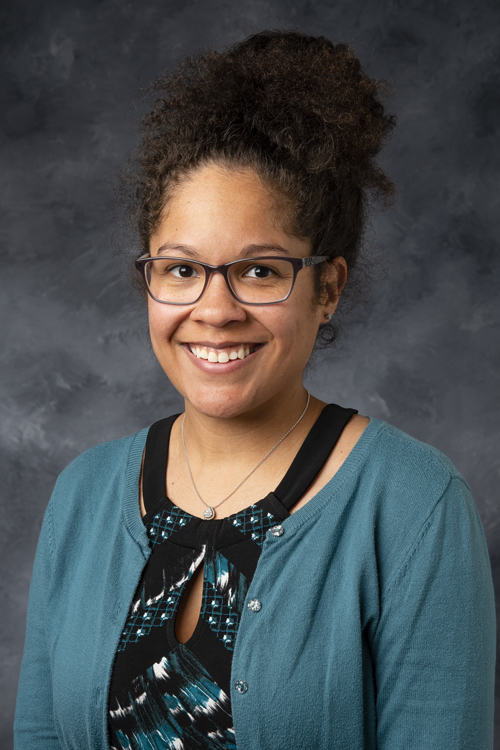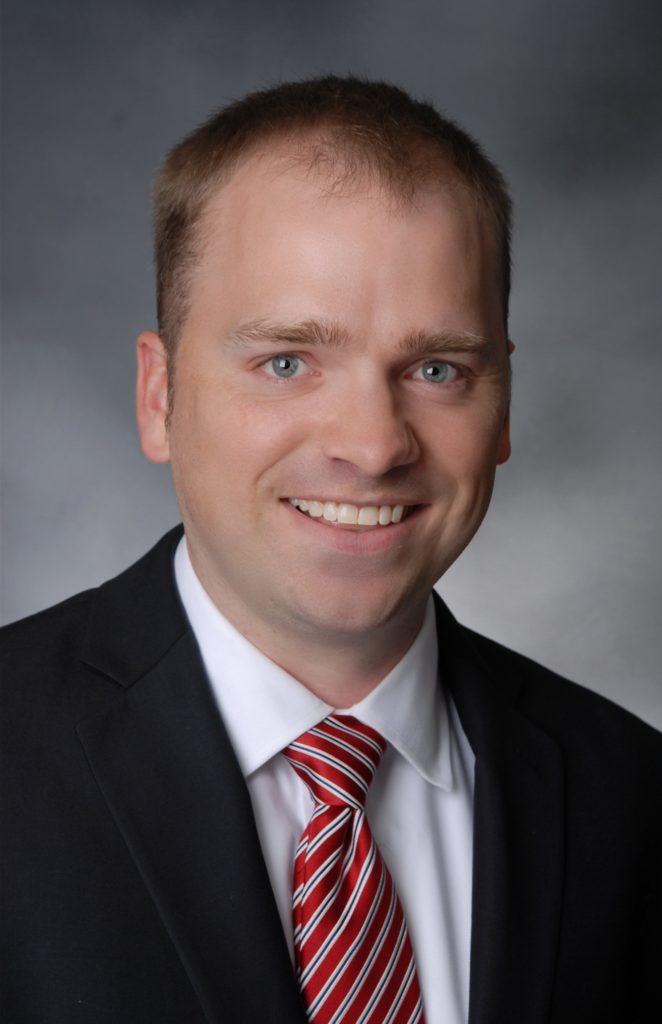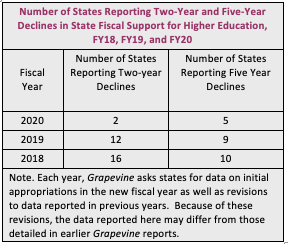Convening Date: November 4 – 6, 2020
Proposals Due: May 4, 2020
The State Higher Education Executive Officers Association (SHEEO) promotes an environment that values higher education and its role in ensuring the equitable education of all Americans, regardless of race/ethnicity, gender, or socioeconomic factors. Together with its members, SHEEO aims to achieve this vision by equipping state higher education executive officers and their staffs with the tools to effectively advance the value of higher education, promoting public policies and academic practices that enable all Americans to achieve success in the 21st century, and serving as an advocate for state higher education leadership. In line with this mission, SHEEO is hosting a convening on the public funding of higher education in November 2020.
Recent trends in state support for higher education indicate that states have failed to recover funding for higher education since the Great Recession. After more than $2,000 in per-student funding reductions during the Great Recession, per-student educational appropriations in 2018 were $7,853, roughly $1,000 below their pre-recession level.[1] Ten years out from the start of the Great Recession, per-student higher education appropriations in the U.S. have only halfway recovered, and state funding for general operations failed to keep up with inflation for the first time since 2012. However, state student financial aid has increased steadily and is now at an all-time high. While the increase in student financial aid is to be celebrated, the weak recovery of and relatively low levels of state higher education appropriations is concerning. General operating appropriations are a critical resource relied upon by public institutions to fund the education and direct services students receive. This general institutional funding is directly tied to what students learn, and experience, and, as recent research has shown,[2] impacts the likelihood of their successful completion.
SHEEO is issuing this Call for Papers for research on the impacts of public funding on student and institutional outcomes. Analyses of the specific effects of general operating appropriations or state financial aid are encouraged.
With generous support from the Joyce Foundation, SHEEO will cover travel costs for researchers and analysts studying or evaluating the public funding of higher education to present their work at our convening in Boulder, Colorado, in November 2020. The convening will bring together a diverse array of participants, including state agency staff, policymakers, intermediary staff, and higher education researchers, to facilitate conversation amongst stakeholders who can advance the findings from the papers presented into action.
Submissions
Those interested in attending should submit a single-spaced Word or PDF document, not to exceed 1,000 words. The proposal should include information on the purpose of the study, research questions addressed, research methodology employed, preliminary findings (if available), and the potential significance for policy and practice. Please use 12-point font and 1-inch margins. Additionally, the proposal should include a works cited page and a 1-page CV for each author, neither of which count against the 1,000-word limit. Authors are encouraged to submit proposals for unfinished manuscripts, though authors with shareable working papers may also upload a copy.
Please submit your proposal by uploading all relevant documents to the proposal website by 11:59 p.m. MT on May 4, 2020.
Timeline
| Date | Task |
| May 4, 2020 | Proposals due to SHEEO |
| May 25, 2020 | Notification of acceptance |
| October 21, 2020 | Final paper due to SHEEO |
| November 2, 2020 | Final presentation due to SHEEO |
| November 4-6, 2020 | Convening in Boulder, CO |
SHEEO encourages quantitative and qualitative proposals, and both empirical and applied work, for this convening. For those wanting to make use of quantitative data on state support of higher education, SHEEO will assist researchers in accessing and utilizing our State Higher Education Finance (SHEF) data. You can learn more about those data on the SHEF webpage. If you have questions about the SHEF data or need access to additional data elements that are not available online, please contact Sophia Laderman at sladerman@sheeo.org.
If you have any questions regarding the content of your proposal
or the timeline for the convening, please reach out to Dr. David Tandberg at dtandberg@sheeo.org. Any questions regarding the
submission process or the submission website should be directed to Caitlin
Dennis at cdennis@sheeo.org.
[1] This is part of a longer trend – appropriations per student are $2000 below 2001, before the dot-com bubble. See www.sheeo.org/shef
[2] Bound, J., Braga, B., Khanna, G., & Turner, S. (2019). Public universities: The supply side of building a skilled workforce. NBER Working Paper 25945; Deming, D. J. and C. R. Walters (2018). The Impact of State Budget Cuts on U.S. Postsecondary Attainment. Working paper. https://eml.berkeley.edu//~crwalters/papers/deming_walters.pdf



